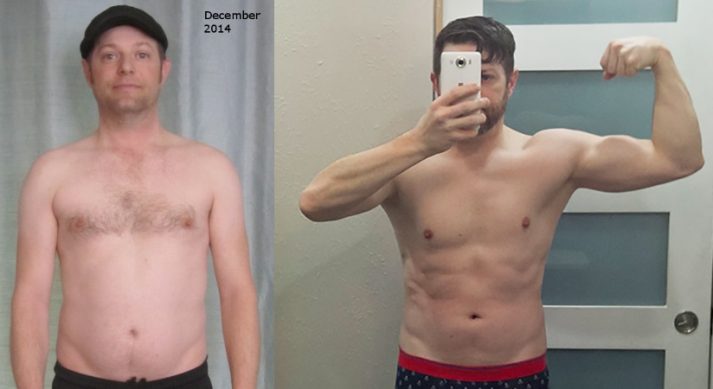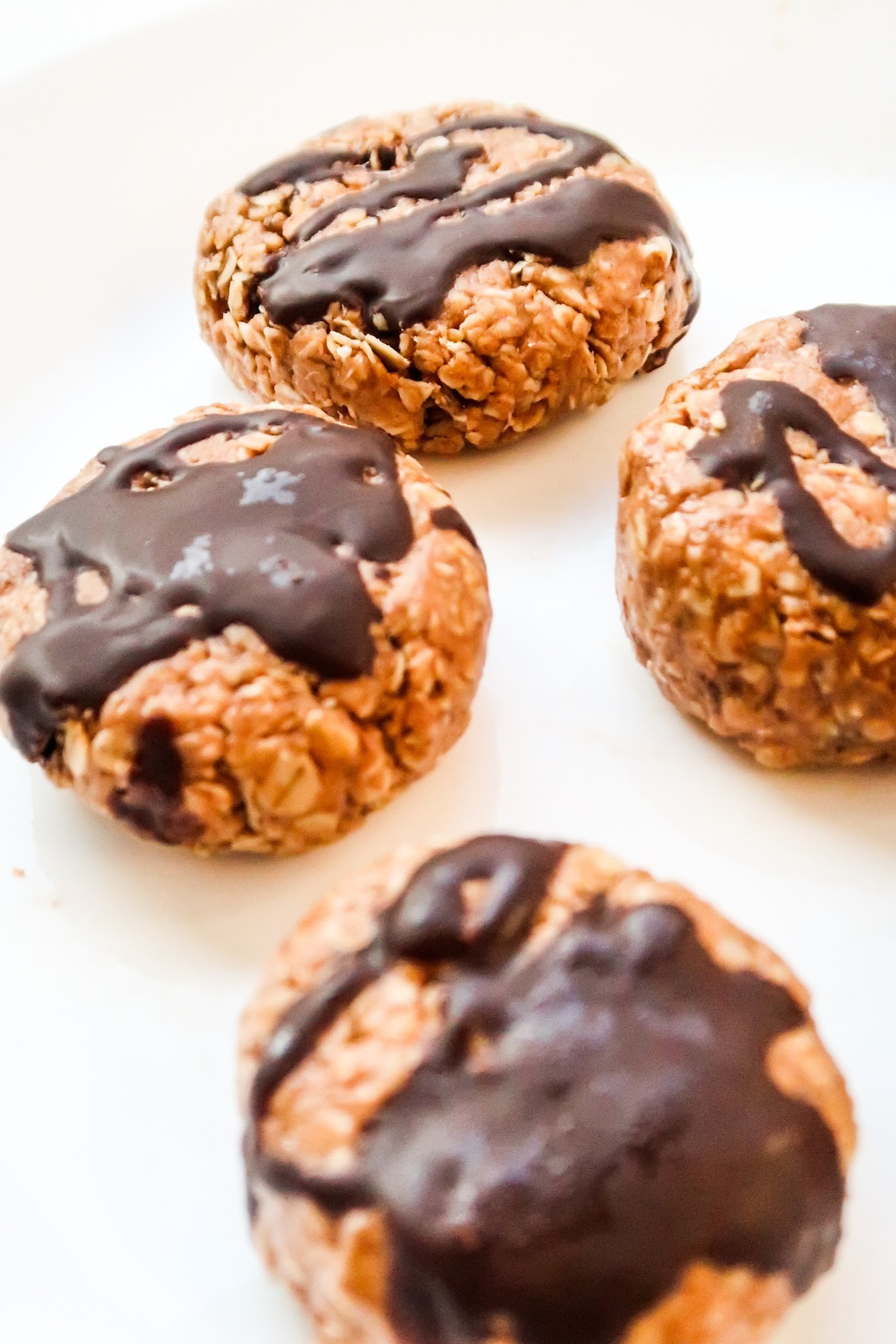
Walking is the main gait used by terrestrial animals for locomotion. It is slower than the other gaits. It has an inverted pendulum gait that sees the body vault over stiff limbs every step. Walking, unlike other modes of locomotion is the most efficient. However, there are many other benefits to walking. Find out more about the most popular gait for humans.
Walking can lift your mood and encourage you to believe in yourself and your goals. According to one study regular walkers reported better health perceptions, higher levels of well-being and greater satisfaction than non-walkers. Walking is good exercise for the body and soul. Walking is an excellent way to meet new friends. There are many other advantages to walking. You can do it in the comfort of your own home or even at a local park!

Walking strengthens the heart. A study of 1,000 women discovered that walking for 30 minutes a days reduced the number of sick days by 40%. They also suffered fewer symptoms and days of sickness. It doesn't matter if you're a beginner or an experienced walker, walking is a great way of getting more exercise and improving your health. You should make sure that you are getting enough exercise to prevent illness. The more you do it, the more likely you are to stay healthy.
Walking lowers stress levels and helps to control blood pressure. Walking makes it easier to walk for seniors because it increases muscle strength in your lower body. It also reduces the risk of falls and improves mental health. Walking is a good way to help with chronic conditions. Walking can also be helpful in managing chronic conditions such as pain. It can reduce depression and even lower the risk of developing dementia if it is done daily.
Besides improving your health, walking can help you feel good about yourself. Research shows that simple walks can make people happier than daily commutes. For sedentary people, it is the same. Even with their hectic lives, they can still get a good nights sleep by taking a walk every day. Walking is fun and relaxing but also offers many other benefits. It improves your mood and calms your mind.

Recent research has shown that walking increases creativity. According to a study, women who walk for at least an hour per day are more likely to have innovative ideas than those who sit still. It also improves their sleep which makes it a great way of socializing with friends or listening to audiobooks. It helped her confidence, and her overall health. You can still benefit from walking, regardless of your gender or age.
FAQ
Why is Metabolic Wellness the Key to Aging Well
People are living longer today than ever. As they live longer, they also get sicker. While medical science has made incredible advances, it's becoming increasingly obvious that the current approach is not working.
It's time to change our perceptions of health and aging. To achieve healthy aging, we must look at metabolic health as more than just weight loss. It is also important to consider overall wellness.
And if you want to live an active life for decades to come, you should ensure that your metabolism stays strong and healthy throughout your entire lifetime.
The good news is that there are many ways to improve your metabolic health. One of those ways is to incorporate these 7 foods into your diet:
-
Resveratrol has been proven to increase cellular longevity. They also contain antioxidants and vitamins C & E.
-
Beans such as pinto beans and lentils provide excellent fiber and plant protein. These nutrients help maintain blood sugar levels so they don’t spike and fall.
-
Broccoli's sulforaphane has been shown to protect DNA from damage in research. It may even slow down cancer growth.
-
Chia Seeds are high-in omega-3 fatty acids, fiber, and other nutrients. They are rich in protein and antioxidants. All these nutrients support heart health, brain function and gut health.
-
Green tea contains catechins, which are polyphenols. Studies have shown that green tea contains catechins which are linked to lower bone fractures and cardiovascular disease. They also reduce cognitive decline and diabetes risk.
-
Salmonis one of the best sources of lean protein, low in saturated fat, and packed with vitamin D.
-
Walnuts contain omega-3s and antioxidants like alpha lipoic acid (ALA). ALA boosts energy production and reduces inflammation.
Is Cardio Better Than Strength Training?
Both are equally effective. If you want to increase muscle mass faster, cardio is the better option.
Cardio burns more calories in a minute than strength training and more fat.
Strength training is a great way to build muscle mass. However, it takes more effort than cardio.
Is it true to say that protein overeating can lead to kidney stones?
Protein helps maintain healthy bone and tissue. However, too much protein can result in calcium excretion through the urine. This can lead to kidney stone formation.
It is important that you note that not all people develop kidney stones when they consume more than 2 grams of protein per kg (2.2 pounds). High amounts of protein can be consumed by some people without causing kidney stones.
Watching your sodium intake can help prevent kidney stones. The kidneys regulate the amount of sodium they consume. Too much sodium can lead to kidney stones.
You can also reduce your intake of proteins if you develop kidney stones. About half of adults' daily caloric intake is made up of protein. You'll lose weight if you reduce your intake of protein.
If you do decide to eat more protein, don't go overboard. Aim for less than 20% of total calories from protein.
Statistics
- 10 pounds in a month is likely during a lean bulking phase, especially for beginners. (muscleandstrength.com)
- Cardmembers earn 5% Back at Amazon.com with a Prime Credit Card. (amazon.com)
- An estimated calorie range for moderately active adult males falls between 2,200 to 2,800 calories per day, depending on age. (eatright.org)
- By John Thompson Take a whopping 38% off a set of PowerBlock Pros. (menshealth.com)
- According to the American Heart Association, blood pressure should be checked at least once every two years, beginning at age 20. (my.clevelandclinic.org)
External Links
How To
How do I lose weight while working out?
Exercise can help you burn calories and increase your metabolism.
Moderate intensity exercise is a safe way to lose weight.
To burn fat while exercising, follow these tips:
-
Cardio exercises include swimming, running or cycling.
-
Exercise for 30 minutes three times per week.
-
You can lose weight by adding strength training to the routine.
-
Avoid intense workouts. It's possible to build muscle, but not lose it.
-
Keep hydrated during exercise. Water flushes out toxins, and keeps your body properly hydrated.
-
After working out, drink low-fat protein shakes. Protein shakes help repair muscles and boosts energy.
-
Eat smaller meals throughout the day, so you don't feel hungry between meals.
-
Don't skip breakfast! Skipping breakfast can make you tired and sluggish.
-
Take care to your mental well-being. Stressful situations can slow metabolism.
-
Keep a positive attitude. Studies have shown that people who are convinced they are overweight gain more weight than those who feel they look attractive.
-
Get enough sleep. You will have a harder time losing weight if you do not get enough sleep.
-
Stay active. Move around at least once an hour.
-
Maintain a healthy diet. Healthy eating will keep you fuller and more satisfied for longer.
-
Find ways to relax. Tenseness can cause stress hormones to break down muscle tissue.
A balanced diet will provide all nutrients that are necessary for growth.
Eat six small meals each day instead of three large ones. This gives your body the time it needs to process what you've eat.
You need about 500 milligrams of calcium daily to maintain strong bones. Calcium can also be found in milk products, yogurt, fortified Soy beverages, orange Juice, cereals and bread.
Calcium is found in leafy vegetables, beans and tofu, as well nuts, seeds and cheese.
Your body needs vitamin D to absorb calcium. Vitamin D can be found in egg yolk, fatty fish, and other fortified foods.
Vitamin E is important for skin health. It can be found as a vegetable oil, wheat germ, peanuts or almonds.
Your body requires zinc for normal immune function and wound healing. Zinc can be found in seafood, legumes and meats.
Zinc deficiency can cause fatigue and loss of appetite. It can also lead to depression and impaired immunity.
Insulin resistance is caused by eating too much sugar, which can increase blood glucose levels. Insulin resistance causes weight gain.
Insulin resistance occurs when the bloodstream is full of free radicals. Free radicals can be molecules with unpaired electrons that cause damage to cell membranes.
The main sources of free radicals are food additives.
Free radical damage can lead cancer, heart disease or diabetes, arthritis, asthma, or other forms of aging.
To prevent free radical damage, eat a healthy diet rich in antioxidants. Antioxidants protect against oxidative damage.
Vitamin C (found on citrus fruits), Beta carotene, found in carrots and sweet potatoes, spinach and broccoli, cantaloupe (found in tomatoes, mangoes and peppers), and Vitamin E (found nuts, olive oil and avocados).
Selenium, manganese (and zinc) are other antioxidant nutrients.
Selenium protects cells against oxidative damage from free radicals. Selenium can be found in Brazil nuts and liver, kidneys, liver, kidneys, shrimp, cod, turkey and lamb as well as chicken.
Copper protects the brain, eyes, lungs, and red blood cells. Copper can be found in shellfish and poultry as well as meat and organ meats.
Manganese forms an essential part of bone structure. Manganese can also be found in oatmeal, brown rice, spinach and bananas.
Zinc is essential for normal growth, reproduction, wound healing, and average growth. Zn can also be found in white fish, lean cuts of meat, poultry, and eggs.